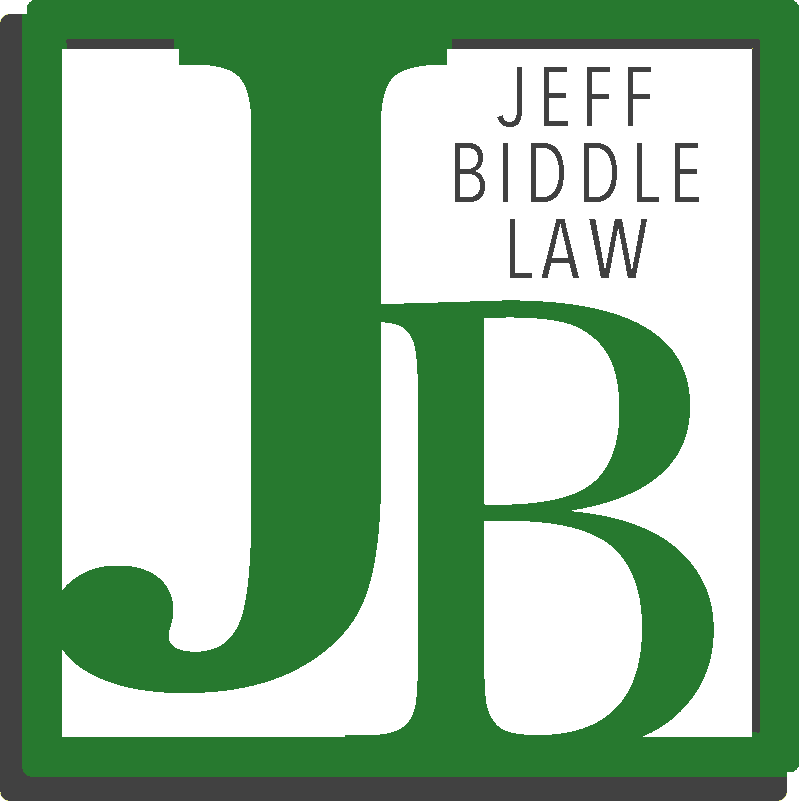Nyx’s Guide to Lawsuits and Bankruptcy

Okay, so I may just look like a pretty face to you, but trustees can be just like me; hiding and watching and looking for the opportunity to pounce. While I prefer to pounce on bugs, mice and birds, the trustee’s favorite prey is dimes, quarters and dollars and the bigger the prey, the better…for them. I’m not about getting into a brawl with a bear but, if you are a bear, don’t mess around with me and find out. So, I wrote this guide to hopefully answer questions that you might have about lawsuits and bankruptcy.
IN A WRECK AND NEED A CHECK? We’ve all heard the commercials but, realistically, if you bring a lawsuit or have the right to bring one against someone for a personal injury case, that's considered an asset during your bankruptcy case. That is true for ALL LAWSUITS. Just like many other assets,
judgments are not protected by a bankruptcy exemption. Therefore, any award recovered can be used to pay off your creditors as part of your bankruptcy case. If there is money left over after everyone has been paid off, though, you’ll get a refund from the trustee.
Your right to file a lawsuit against someone, sometimes called a “cause of action” is an asset. That’s true even though there aren’t any guarantees that you’ll receive money from the case. And because it’s an asset, it’s something you need to disclose to the bankruptcy court.

How To Disclose Your Lawsuit to the Bankruptcy Court
Tell Jeff about the potential lawsuit and he will disclose the suit (or potential cause of action) on your Schedules and in your Statement of Financial Affairs. If you’ve already received money from your lawsuit — such as winning at trial or agreeing to a settlement — then things are a little different. In this situation, the funds themselves are the asset. Talk to Jeff to discuss whether there is an exemption that would cover these proceeds.

Why It’s Important To Disclose This Asset
It’s important to disclose your interest in a lawsuit or cause of action. Failure to do so can be serious. If you don’t list this asset on your bankruptcy forms, the court could dismiss your case without discharging your debts and it just really creates a feeding frenzy with the trustees and as, ominous as I look, a little black cat is no match for a trustee. They are like the apex of apex predators…think Orca “playing” with a dolphin. Okay, now that I think of that, I do that with my prey, too, and it’s pretty fun.
Not that it is super common but, if you tell the bankruptcy court that you don’t have a claim against someone else, this COULD be used against you in the other lawsuit. You may also want to tell the attorney that is handling the lawsuit that you are considering filing for bankruptcy. If you intentionally exclude your potential cause of action on your bankruptcy schedules, the defendant in the other lawsuit can argue that you shouldn’t be allowed to pursue your lawsuit against them. In other words, you can't say one thing to one court and the opposite to another court.

Lawsuits Under Chapter 7
In Chapter 7 cases, your creditors are entitled to certain assets that exist when you file bankruptcy. Except for limited circumstances dealing with inheritances, you can keep any assets or property that you receive or become entitled to receive after you file bankruptcy. This is part of what getting a fresh start is about. If you win the lottery, for example, make sure to keep proof that you bought the winning ticket AFTER you filed for bankruptcy protection.
This means if you get in an accident after your Chapter 7 bankruptcy has been filed, you can keep all of the money from the resulting lawsuit or settlement.
It doesn’t mean that simply waiting to file your lawsuit allows you to keep this asset out of your bankruptcy estate. What the trustee and the court consider is the date you obtain the right to sue (such as the day of the accident), not the date you file your lawsuit…and some trustees have nothing better to do than watch for cases popping up with your name on it after your case is over.
Things get a little more complicated if your lawsuit isn’t due to an accident. This is because it’s easy to miss the fact that you have the right to file a lawsuit. When in doubt, tell Jeff. You don’t want to be that dolphin.

Lawsuits Under Chapter 13
In Chapter 13 bankruptcy, certain "after-acquired property" gets pulled into the bankruptcy estate. After-acquired property could be money, a potential lawsuit, or personal items that you receive after you file Chapter 13 but before you complete your repayment plan and get a discharge. Some Chapter 13 repayment plans take up to five years to complete. Because of this, it’s not uncommon for Chapter 13 filers to experience a change in their financial situation while their bankruptcy case is in process.
So if you have an accident after you file bankruptcy but during your repayment plan, the money you’re entitled to receive may need to be turned over to the bankruptcy trustee. If this happens, it becomes important that you make sure your medical providers have their liens in place. If the liens aren’t created, you could potentially lose any money you get from your lawsuit but still have to pay back the unpaid medical bills that weren’t discharged during the bankruptcy process.

